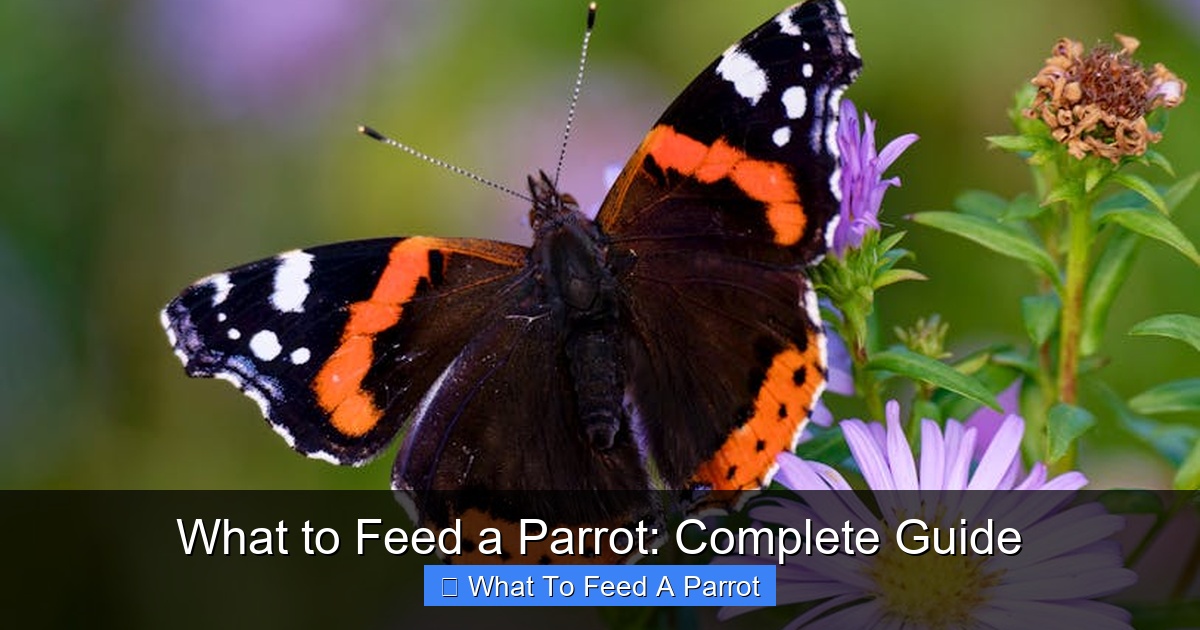
Featured image for this comprehensive guide about what to feed a parrot
This is a comprehensive guide about what to feed a parrot.
Frequently Asked Questions
What is what to feed a parrot?
what to feed a parrot is an important topic with many practical applications and benefits.
How can what to feed a parrot help me?
Understanding what to feed a parrot can improve your knowledge and provide practical solutions.
